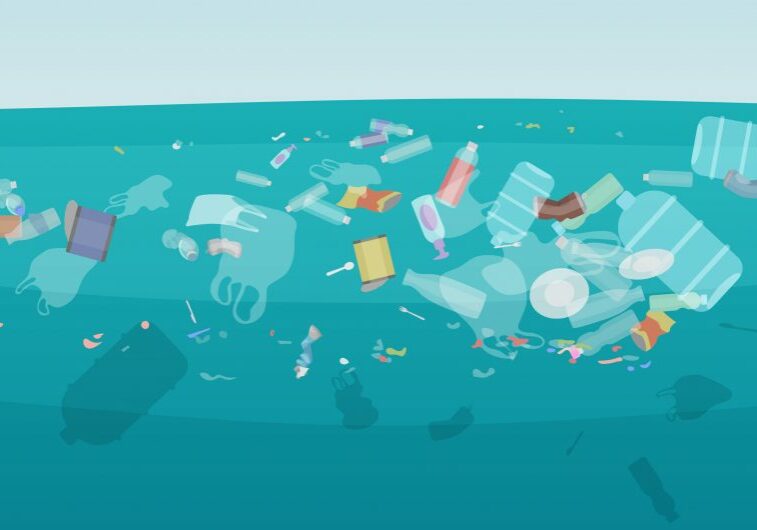From our cities to the countryside, it’s hard to avoid the unwelcome sight of litter. Not only is it ugly but it can be harmful to people and wildlife.
And a thoughtlessly discarded bottle or packet on a UK street can become part of a global problem. Rainwater and wind carry waste – particularly lightweight plastic – into streams, rivers and drains, which lead to the sea.
Once plastics reach the ocean, they become a major threat to marine life and the health of our seas.
Reducing the amount of rubbish you produce and disposing of it considerately is the first step to solving the litter problem. But going on a litter-pick is another great way to help.

1. Plan your pick
The first step of a litter-pick is deciding where to do it. Perhaps your street needs a tidy-up, or your local park, beach or open space. Maybe you could gather a group to tackle a more neglected area (but take note of our safety tips below). You won’t need to tell the local authorities if you’re planning a litter-pick in a public area, but you must ask permission from the landowner if you’ll be on private property.
2. Be prepared
The only must-haves are thick gloves, sturdy shoes and a bag or container to put the litter in. You might find the job easier if you use a litter-picker – these can be bought for less than £10 if you think you’ll be picking regularly, or your local council will probably loan them out. A bag hoop will hold open a bin bag, making it much easier to drop the litter in. A high-visibility vest will help you be seen, and hand sanitiser is also a good idea. Check the weather forecast and dress appropriately, taking plenty of water if it’s hot.
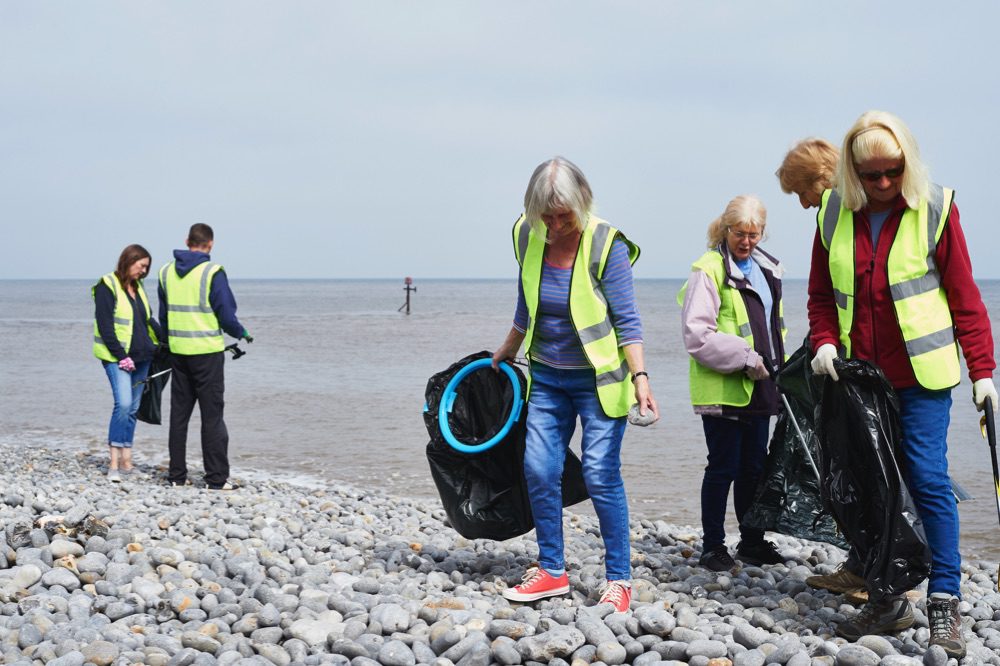

3. Sort it out
Before you set out, think about what you’ll do with the litter you’ll be collecting. If you’re only doing a quick clean-up in your street – enough to fill a carrier bag – you could put it in a public bin or your own bin or kerbside recycling collection. (Where possible, recycle what you collect if it’s clean and dry.) If you’re planning something on a bigger scale, speak to your council to arrange collection. Don’t leave bags next to bins as this can cause further littering. When you’ve finished, complete Keep Britain Tidy’s Collect & Count form so they can monitor the UK’s litter and campaign for environmental protection.
Take action to protect our rivers
Litter-picking is just one way to preserve the health of the UK’s waterways. Check out our 10 tips for saving water, to help prevent rivers running dry.
4. Stay safe
If you’ll be litter-picking alone, let someone know where you’re going and when you’ll be back. Always take your phone, and download the What 3 Words app to pinpoint your location if needed. Only go out in daylight, and avoid potentially hazardous locations such as derelict buildings, busy roadsides, slippery riverbanks or sites near livestock or other animals. Never enter water to pick up litter. Don’t scoop handfuls of litter in case they contain sharp objects, and don’t try to move or carry objects that are too heavy (contact the council about these).

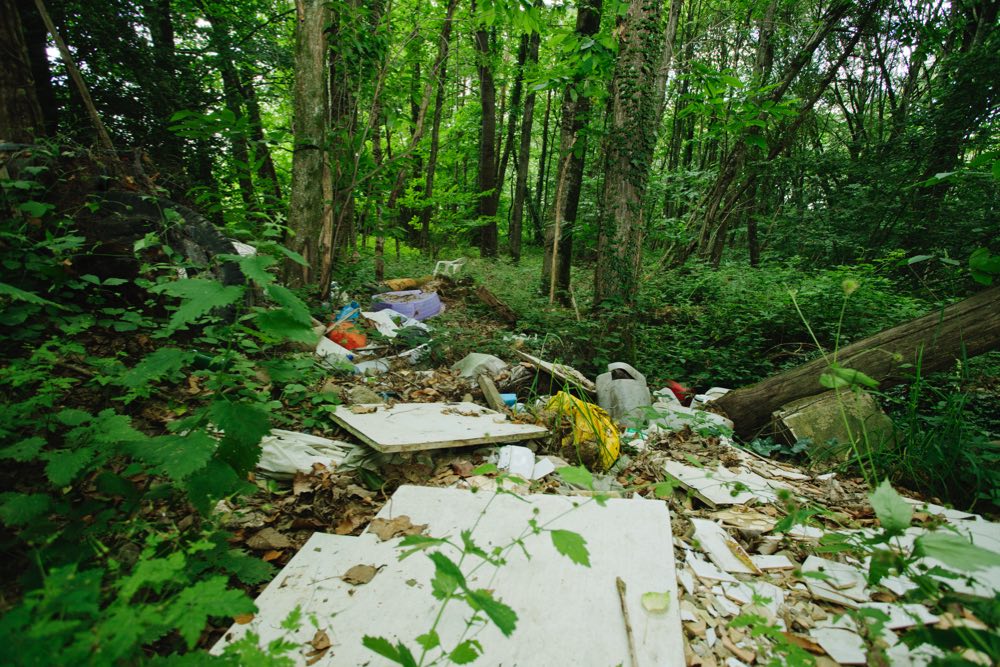
5. What not to pick
There are some items you shouldn’t pick up as they can be harmful. Sharp items such as metal or broken glass should only be moved if you can put them directly into a bin – don’t put them into your collecting bag in case it tears and causes an injury. Don’t touch clinical waste such as syringes, or flytipped material like building rubble – in both cases, contact your local council. You should also leave potentially hazardous items such as chemical containers, boat flares, vapes or unidentified canisters (again, tell the council). Don’t pick up dead animals. If you notice pollution such as a spill in a river, contact the Environment Agency.
6. Make it fun!
You might prefer a solo litter-pick while you also enjoy a peaceful walk in the countryside. But if you like company, getting a group of people together to tackle a bigger area can be fun and sociable. You could even make it competitive, or turn it into a WWF fundraiser – find out more here. If you like to keep really active, you could try plogging – a combination of jogging and litter-picking, which now has a global community. There’s also pliking – litter-picking while hiking over longer trails. Look out for 2 Minute Beach Clean stations next time you’re at the coast – you can help yourself to a bag and litter-picker if you fancy an impromptu tidy-up!
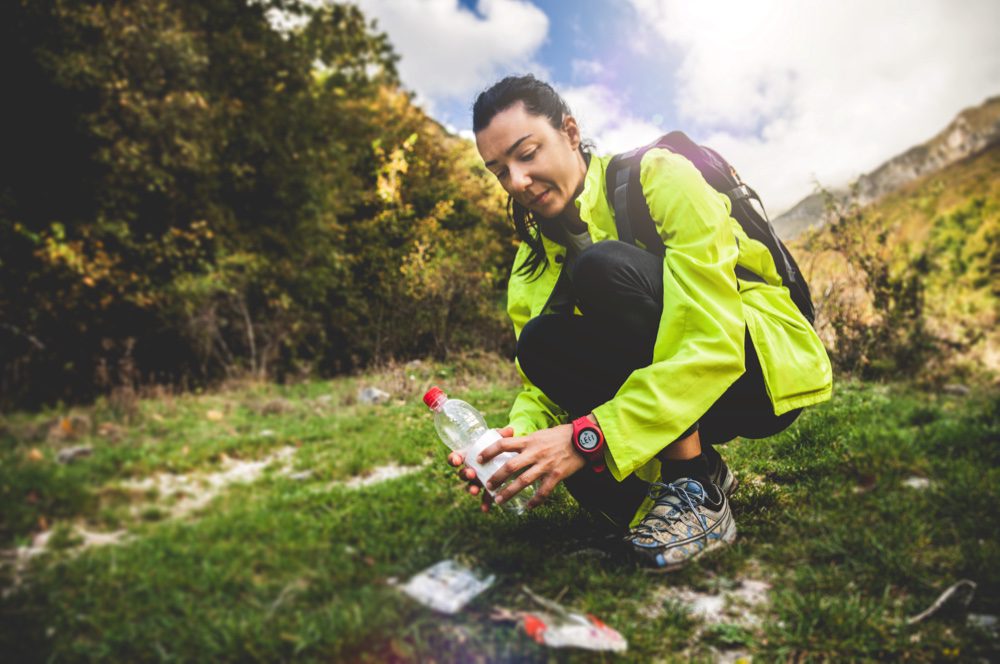
ALL IMAGES © GETTY
More ways to look after our world
There are lots more ways to take action for UK nature at home or in your community on the Save Our Wild Isles website.
More to explore
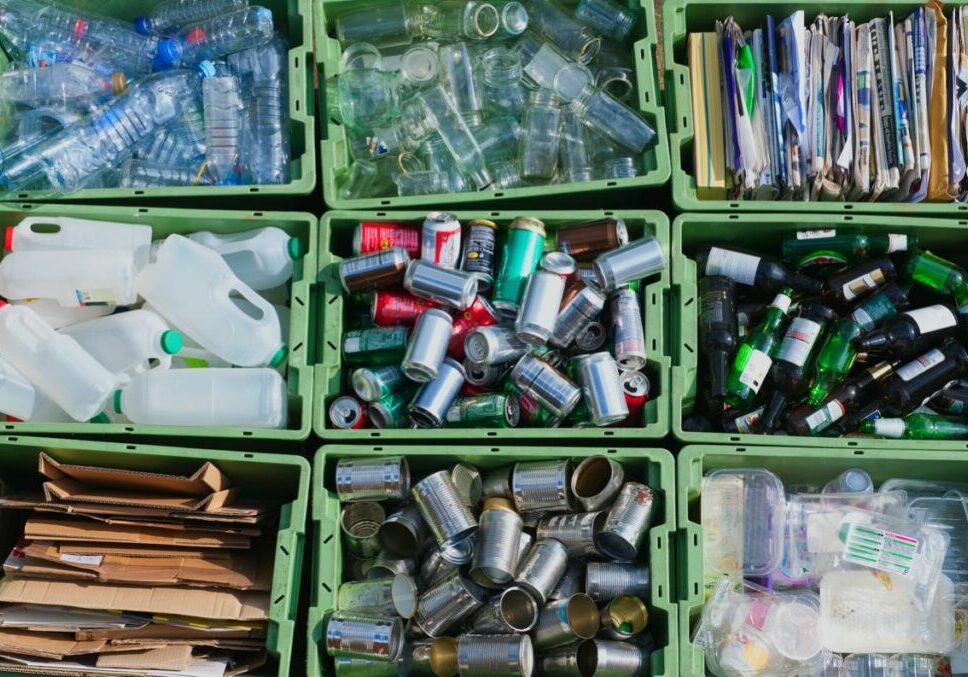
10 ways to wise up on waste
From smarter recycling to repairing and reusing what you own, our ideas will help you reduce your rubbish
